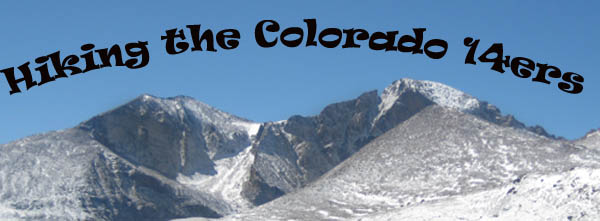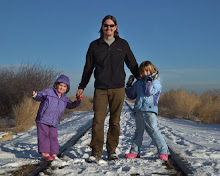Altitude Sickness also known as Acute Mountain Sickness is an illness that can affect hikers, climbers, skiers, and travelers. The symptoms of Altitude Sickness occur at high Altitudes generally above 8,000 feet above sea level.
The sickness is caused by a combination of reduced air pressure and lower oxygen concentration present at high altitude. Seriousness can range from very mild headaches to life threatening. The risk increases with the speed in which the individual has gained the elevation. It is generally recommended the someone from sea level not fly into Colorado and climb a 14ers the first day. You can reduce your risk by spending a night in a high elevation town before reaching 14,000 feet. It is a good idea to do a little hiking at elevations above 8,000 feet before you try a higher climb. You should also drink lots of liquids, avoid alcohol, and eat regular meals to reduce your risk.
Symptoms of a mild case include:
Difficulty sleeping
Dizziness or light-headedness
Fatigue
Headache
Loss of appetite
Nausea or vomiting
Increased heart rate
Shortness of breath with exertion
Symptoms associated with severe altitude sickness include:
Bluish discoloration of the skin
Chest tightness or congestion
Confusion
Cough
Coughing up blood
Decreased consciousness or withdrawal from social interaction
Gray or pale complexion
Inability to walk in a straight line, or to walk at all
Shortness of breath at rest
Treatment:
The best thing you can do if you or someone in your party is experiencing Altitude sickness is to get down to a lower elevation. If you are hiking turn around and lose as much elevation as possible. If you have bottled oxygen available use it.
The altitude affects everyone differently. Some people get sick right away and others never notice the difference. The key is to drink lots of water and be aware of how you and others in your group are feeling. Don't push on when you aren't feeling well. You don't want to put yourself at risk. Be smart. The mountain will be there tomorrow after you have acclimated.
Subscribe to:
Post Comments (Atom)


No comments:
Post a Comment